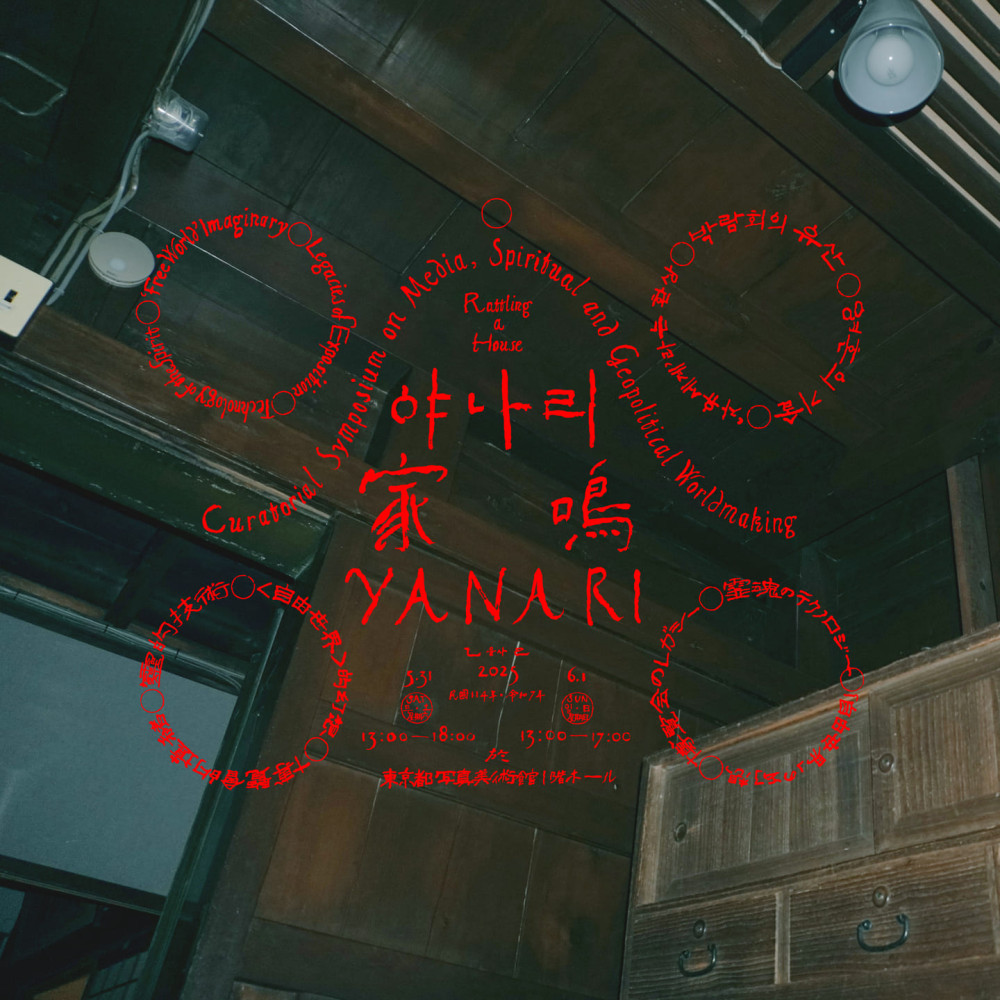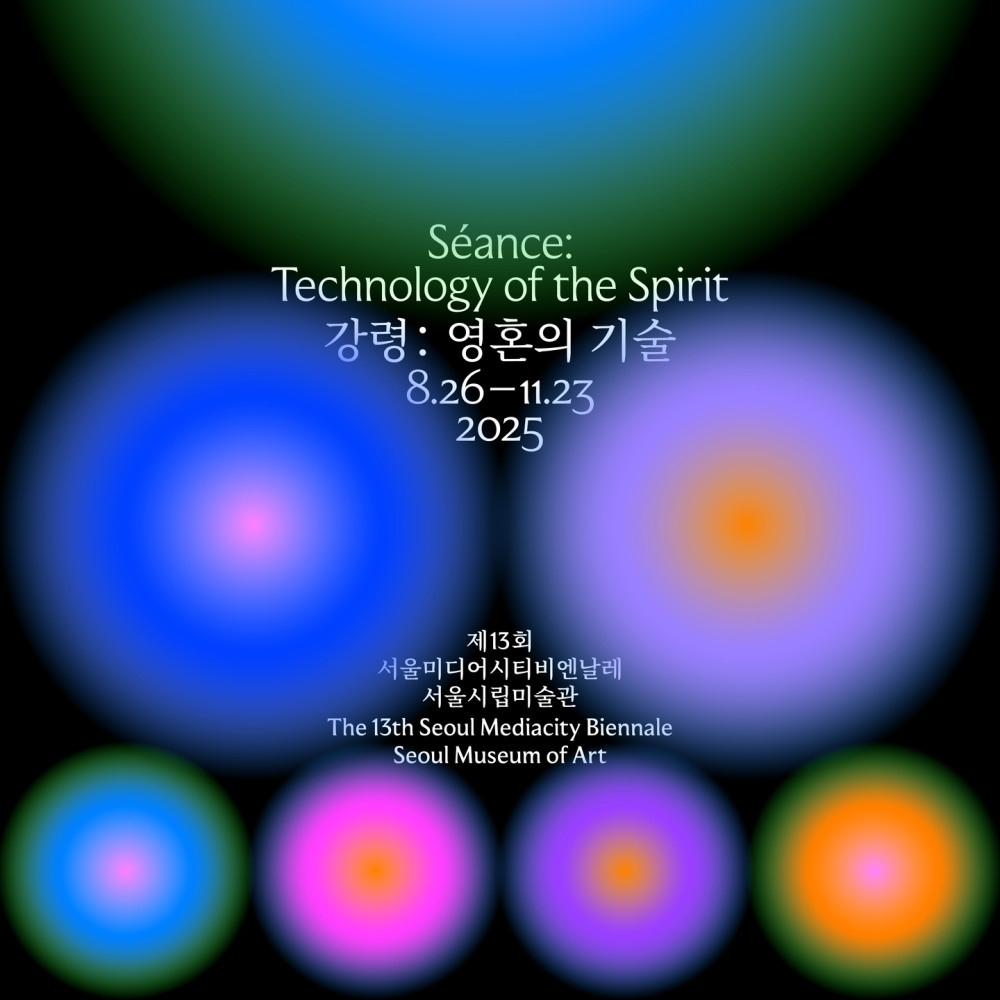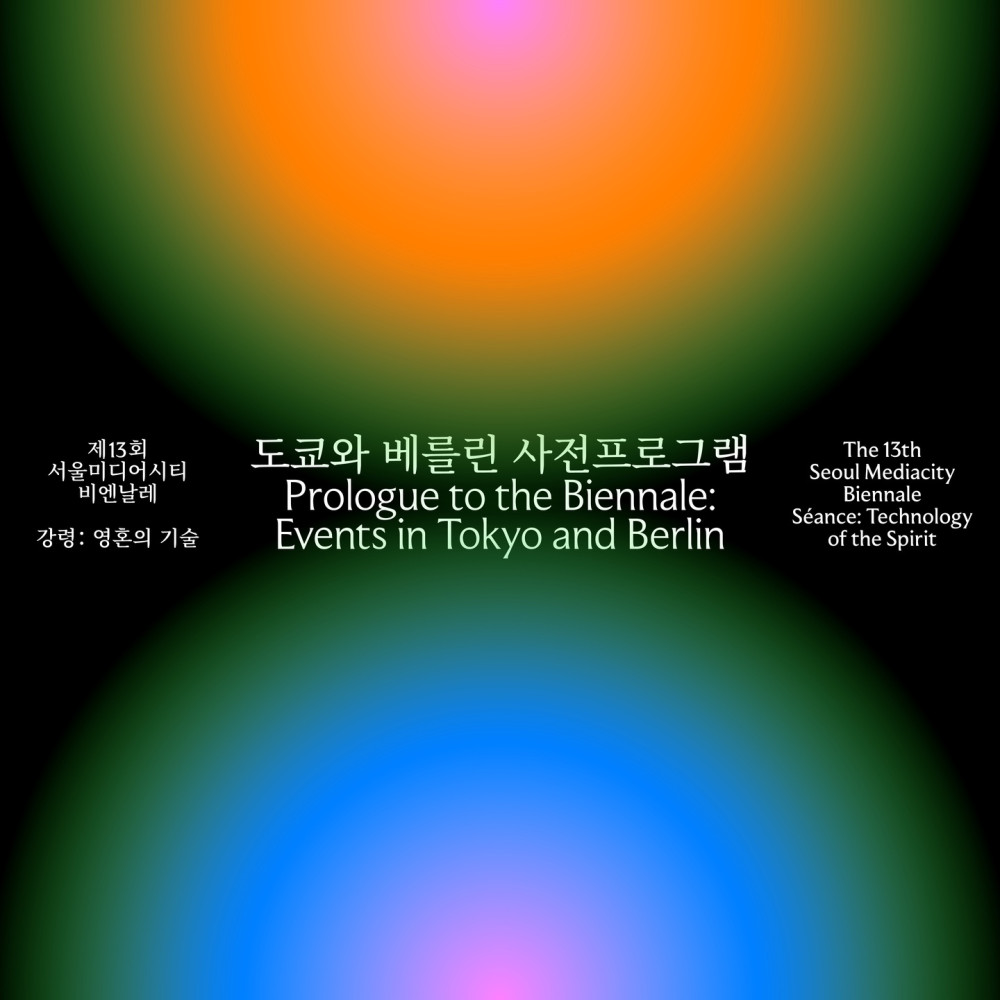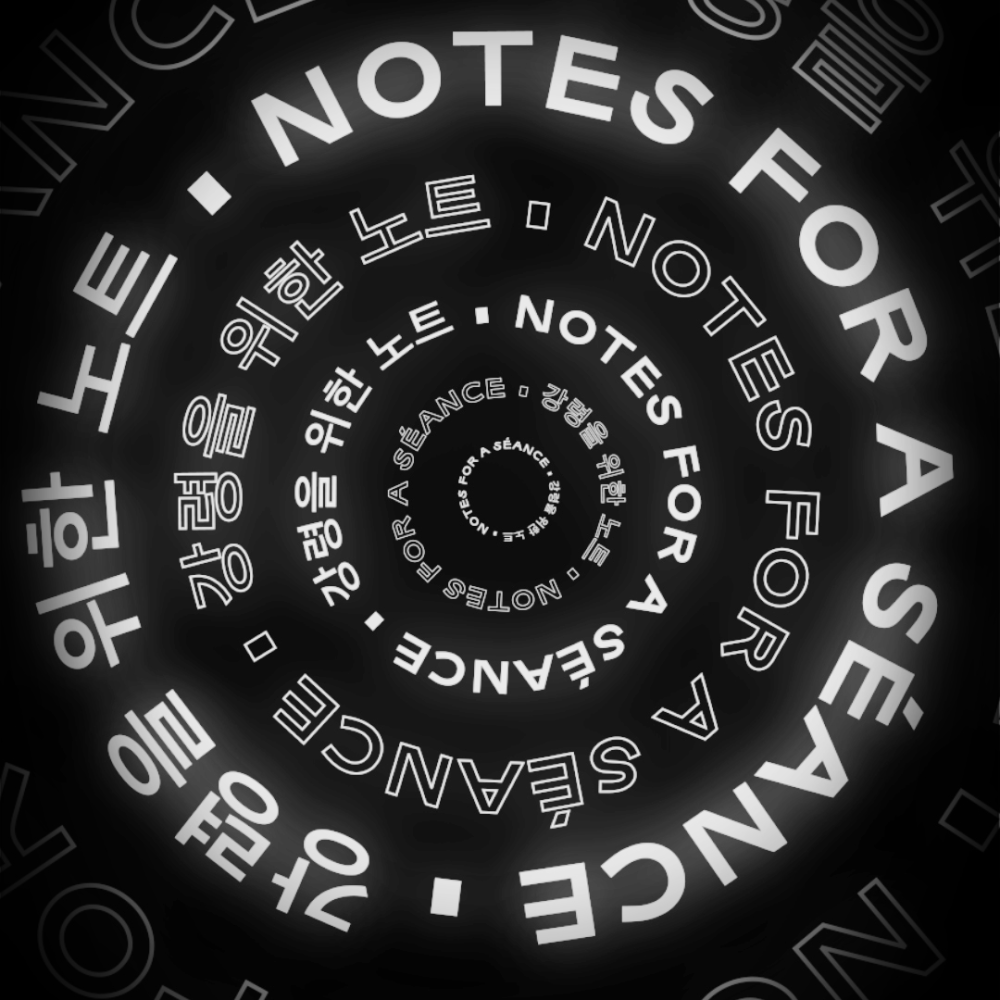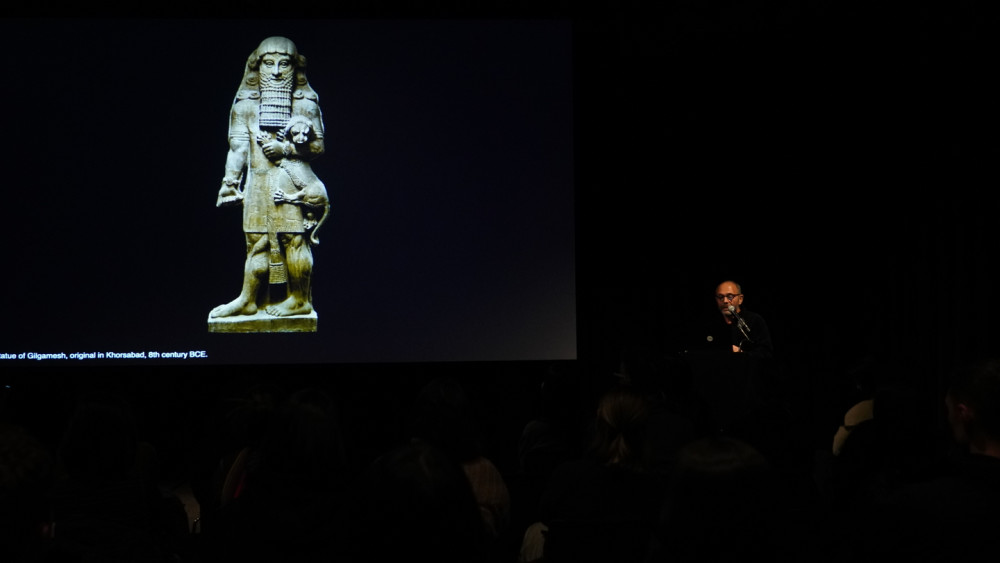YANARI

YANARI (Rattling A House) is a two-day curatorial symposium exploring the entanglements of media, exhibition-making, and geopolitics through the prism of spectral reverberation. Taking place at the Tokyo Photographic Art Museum, the programme brings together artists, curators, and scholars to engage with curatorial thinking attuned to discursive rupture and historical residue. Through screenings, performative lectures, academic panels, the symposium considers how curatorial practices negotiate inherited forms of instability—both material and affective—across screen practices, exhibition histories, and geopolitical imaginaries within and beyond East Asia.
1: 霊魂のテクノロジー | 영혼의 기술 | 靈的技術
Technology of the Spirit features screenings and presentations by the artistic directors of the upcoming 13th Seoul Mediacity Biennale. This “exhibition-as-séance” draws on the long history of attempts to contact worlds beyond waking life and seeks to outline how this engagement transformed the languages and methods of artistic production. The programme puts forward that the popularity of these alternative “technologies of the spirit” correlates to periods of drastic social and political upheaval, and might be interpreted as a response to their attendant insecurity, anxiety, and disorientation. A local response will be offered by Tokyo-based critics, followed by a dialogue between organisers of the Biennale and of the Yebisu International Festival, reflecting on the respective histories and challenges of initiatives situated between institutions and projects.
2:「自由世界」の幻想 | ‘자유세계’라는 환상 | 〈自由世界〉的幻想
‘Free World’ Imaginary interlaces performative lectures with academic reflection, highlighting how cultural narratives and aesthetic strategies took shape along the ideological fault lines of mid-20th century East Asia. The session revisits contested archives—including children’s books, intellectual journals, diplomatic records, and photographic works—uncovered during the transitional period from wartime to the Cold War, a formative span in which the contours of the “Free World” emerged—and explores the porous boundaries between documentation, propaganda, and historical erasure. The residues of this imaginary continue to haunt the present art world, conditioning artistic practices and interpretive frameworks across regions such as Hong Kong, Taiwan, South Korea, and Japan.
3: 博覧会のレガシー | 박람회의 유산 | 博覽會的遺緒
Legacies of Exposition revisits Expo ’70 in Osaka as a critical juncture in regional exhibition histories. While looking with optimism toward techno-cultural horizons, the Expo also exposed conflicting visions of modernity and shifting political alignments. As a collaborative platform for state officials and avant-garde thinkers in art, architecture, design, literature, and technology, it embodied both popular aspirations and state agendas, becoming a testbed for emerging exhibitionary forms. Against the backdrop of Expo 2025, this session explores the enduring impact of 1970 on artists, intellectuals—and curatorial habits—in Asia. Contributors reflect on formative encounters, transnational exchanges, and discursive shifts that continue to shape today’s ‘global’ exhibition system.
In conjunction with the event, Practice without Public: Towards Inter-regional Curatorial Studies [Japanese]—a compilation of translated critical texts—will be published as a freely accessible PDF via the 0-eA website, offering an expanded resource for further engagement.
YANARI is a Japanese folkloric phenomenon in which spectral forces—often yōkai spirits—disturb the domestic space by “rattling a house,” interrupting both material infrastructure and the psychopolitical orders inscribed within it. This curatorial symposium attends to how the creaks of aging structures might be heard anew—leaving us to inhabit the ruptures that continue to shape these rattled worlds.
The symposium is organised by the 0-eA Society for the Curatorial in partnership with the Seoul Museum of Art (Day 1), and in alignment with the research project Temperature of Roses (as part of Day 2), with grants from the Arts Council Tokyo and the Arts Council Korea, and with special support from the National Center for Art Research, Japan.
